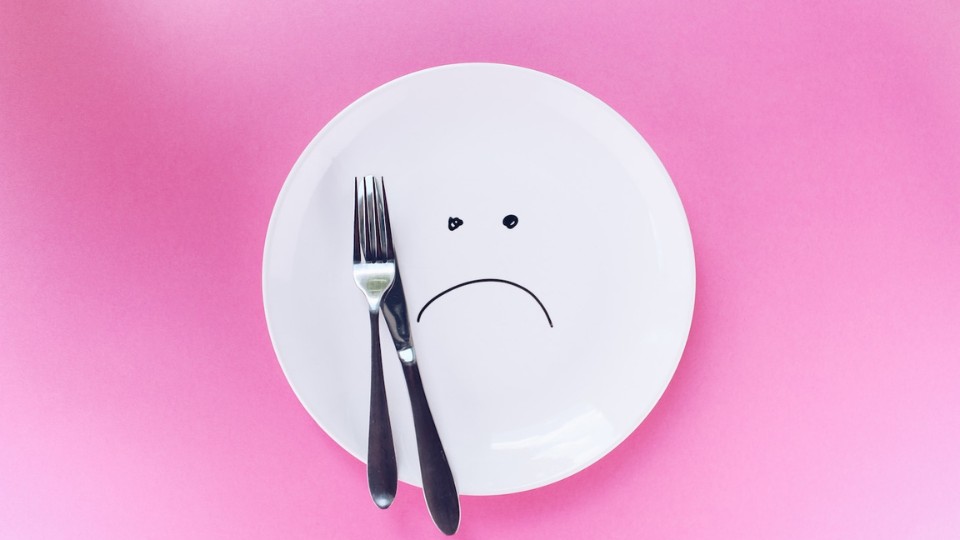
“Lose 10 pounds by only eating 10 onions a day!”
Unfortunately, this phrase and other iterations of it has been plaguing magazines, social media, and television screens for quite some time now. While a quick solution to lose weight seems appealing, restrictive diets come with side effect; that being, risks to both physical and mental health.
1. Physical Health
When someone adopts a diet in which food intake is significantly reduced, it translates to the body as not getting enough nutrients to satisfy their hunger or to sustain energy levels. Not only can this result in nutrient deficiencies, but it may also manifest itself as secondary symptoms such as dehydration, digestive problems, heart issues, muscular cramps, difficulty concentrating, and many more.
As a natural response to the food reduction, our bodies switches into “survival” mode, and will adjust their use of energy reserves to continue regular daily functions. While this can obviously lead to a weight loss, this loss comes mostly in the form of body water and some muscle- but not the fat that we wish to get rid of.
2. The Cycle of Doom
Weight loss achieved by dieting comes in the form of a malicious cycle. When we reduce our caloric intake, we do lose weight. However, this weight loss is very much a short-term solution. When food groups and “forbidden” foods are excluded from the diet, this diet becomes incredibly difficult to maintain. A loss of control and frustrations over nutrition can arise. This ultimately spirals into an overconsumption of those foods, the return of old habits, which results in a regain of the lost weight - and sometimes some more weight.
3. Mental Mealth
Restricting food presents the threat of developing a destructive relationship with food and hunger. When someone breaks their diet, they are often left with feelings of guilt, low self-esteem, and a general dissatisfaction with themselves. In other cases, constantly thinking about it and limiting food can lead to eating disorders such as bulimia nervosa, anorexia nervosa, or binge eating disorder. Since food is such a big part of many social gatherings, people who follow restrictive diets may also experience isolation and loneliness.
Solution?
While it is not a quick fix, permanent weight loss will require time. Developing mindful eating habits, such as listening to the hunger signals our bodies are giving us, is a big step to maintain a healthy weight. Nutritionists are available to help you along that journey, and they cost less than diets!





